14 Hidden Travel Pitfalls Abroad You Never Saw Coming

Traveling abroad can feel like stepping into another world, but even the most well-prepared travelers often encounter unexpected challenges. From hidden fees to cultural misunderstandings, these pitfalls can quickly derail your trip. With a little foresight and knowledge, you can avoid many of these issues, ensuring a smooth, memorable travel experience. Here are 14 travel traps that you might not have seen coming, along with practical tips on how to navigate them safely and wisely.
Currency Exchange Fees That Stack Up
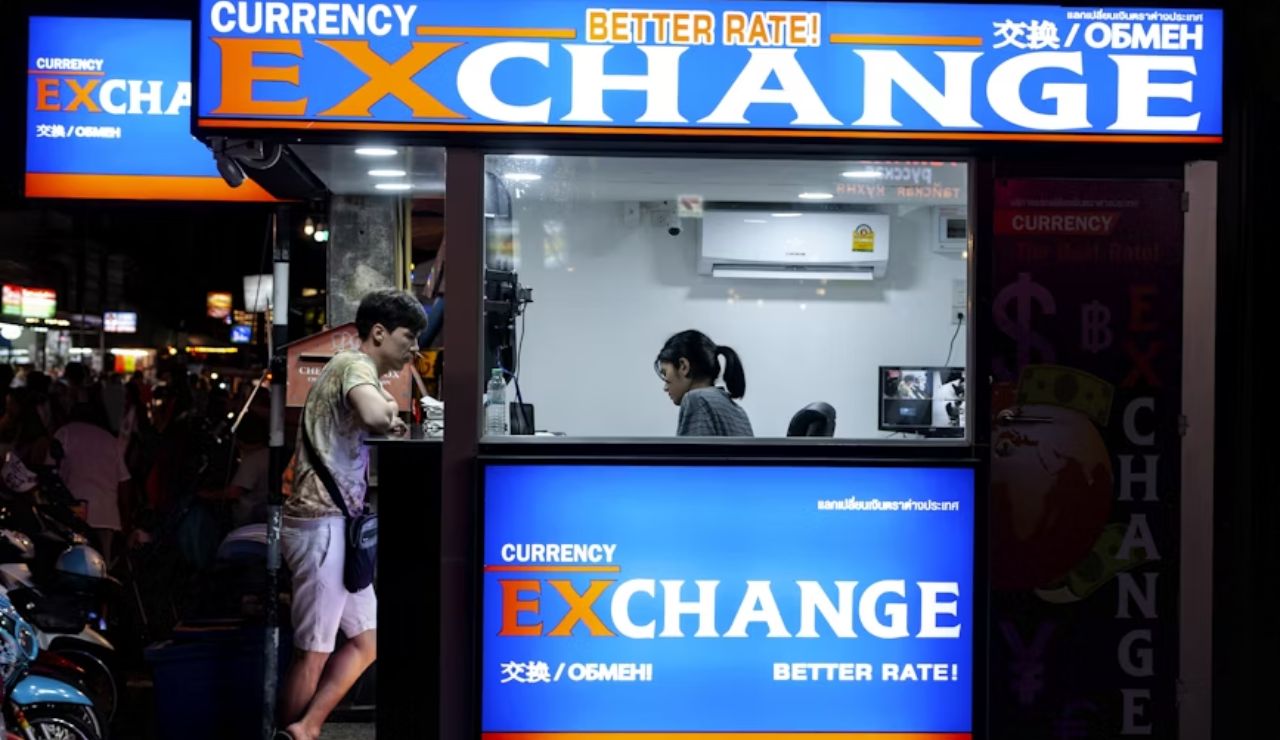
Exchanging currency abroad can be deceptively costly. At airports, tourist areas, or local banks, exchange rates are often unfavorable, and hidden fees are common. These small charges can add up over time and erode your travel budget. To avoid this, use ATMs with minimal withdrawal fees, choose credit cards that offer favorable exchange rates, and always research the exchange fees beforehand. You’ll get more bang for your buck by making strategic choices and avoiding those high-cost exchange booths.
The “Free” Wi-Fi That’s Anything But

Public Wi-Fi networks, especially those offered in cafés, airports, and hotels, can seem like a convenient way to stay connected, but they often come with serious risks. These networks are prime targets for hackers who want to steal your personal information. Avoid the temptation to log into sensitive accounts over public Wi-Fi, such as your bank or email. Instead, use a Virtual Private Network (VPN) to protect your data or limit your browsing to low-risk websites when using these unsecured networks.
Not Understanding Tipping Customs

Tipping practices vary dramatically around the world, and what’s considered a generous tip in one country could be seen as an insult in another. In some places, like the U.S., tipping is expected, while in others, it’s already included in the bill or not customary at all. Before you go abroad, research local tipping norms for the country you’re visiting. This will help you avoid awkward social situations and ensure that you’re respecting the local customs when it comes to gratuities.
Unclear Baggage Policies
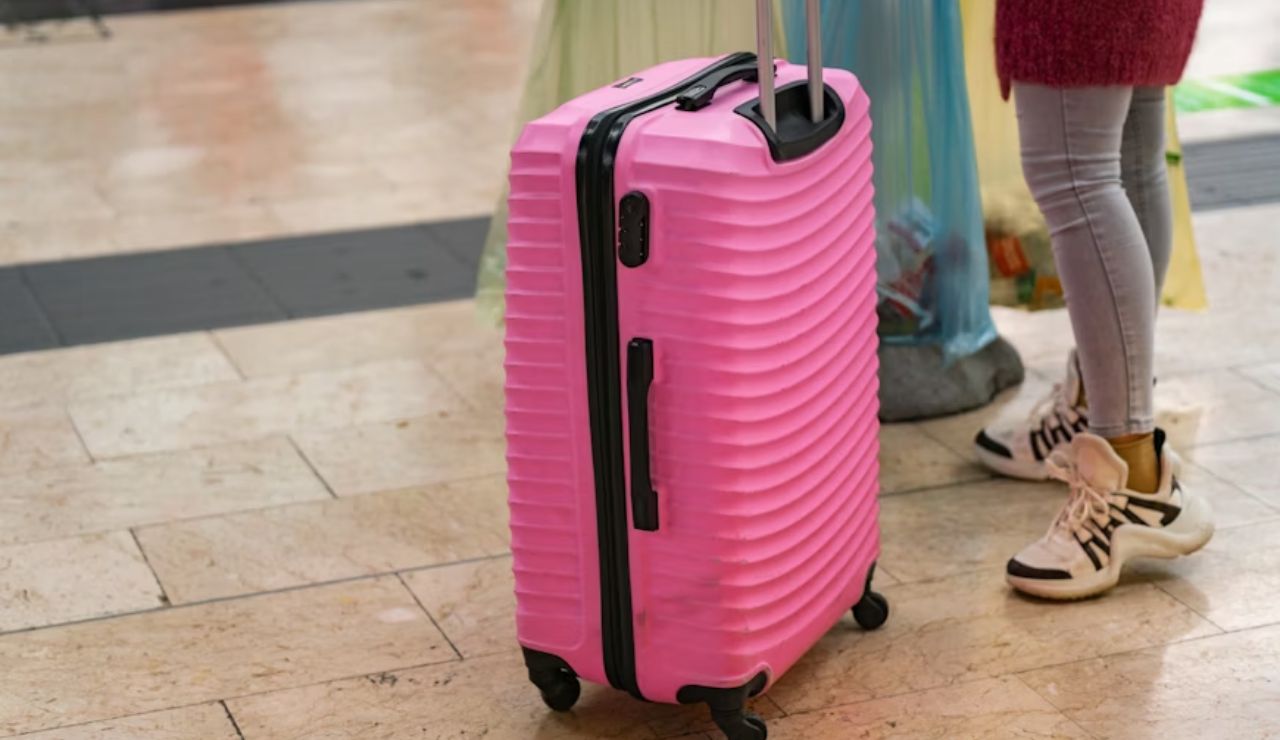
Airlines often have confusing or inconsistent baggage policies, especially when flying internationally. You might think you’re within the baggage weight limit, only to be hit with extra fees for oversized or overweight luggage. Many budget airlines charge for carry-ons, and even larger airlines have complicated rules regarding checked bags. Always double-check the baggage allowances on your airline’s website before packing, and pack light to avoid excess fees. Consider using a luggage scale to avoid surprise charges at the airport.
Language Barriers That Don’t Seem Real

Language barriers can be one of the biggest challenges when traveling abroad. Beyond basic greetings, misunderstandings can occur when trying to read signs, understand menus, or communicate with locals. To minimize frustration, it’s worth learning a few essential phrases in the local language before your trip. Download a translation app to help with more complex phrases, and be open to using gestures when necessary. This proactive approach can help avoid confusion and make interactions smoother.
Over-Packing or Under-Packing
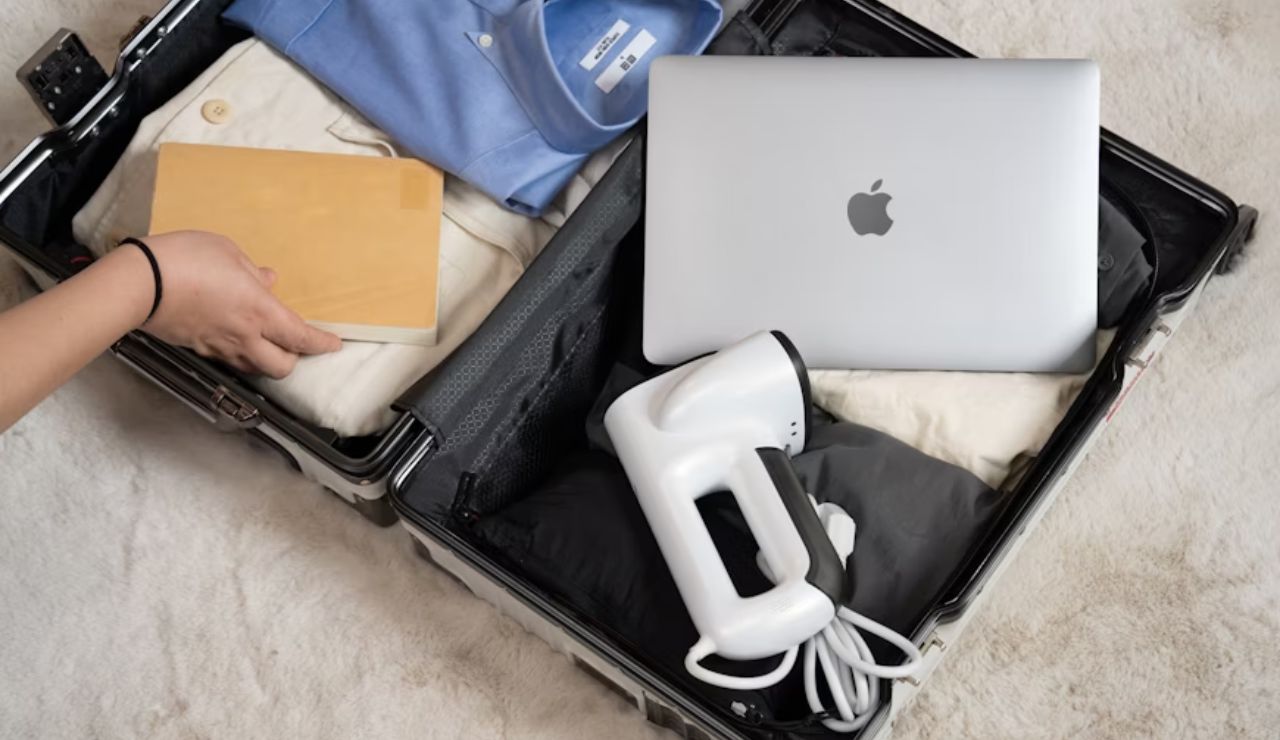
One of the most common pitfalls when preparing for a trip abroad is packing too much or too little. Overpacking means lugging around heavy luggage with items you don’t need, while underpacking can leave you scrambling to buy essentials once you arrive. Both situations can be stressful. To avoid this, check the weather forecast for your destination and pack versatile clothing that can be layered. Consider bringing travel-sized toiletries and creating a checklist to ensure you don’t forget anything important.
Misunderstanding Local Transportation
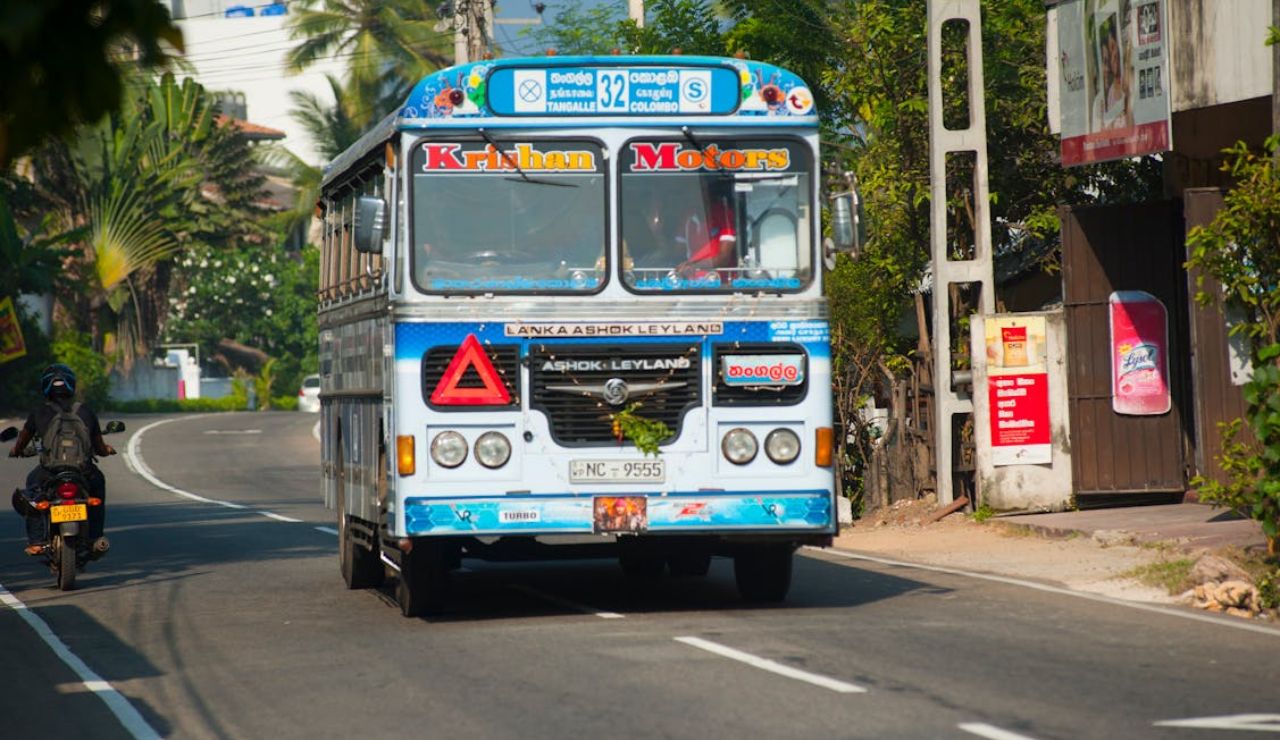
Each destination has its own transportation system, and not understanding how it works can waste valuable time and money. Whether it’s navigating confusing metro systems, dealing with unreliable taxi services, or misunderstanding bus schedules, local transit can be a maze for travelers. Research your destination’s public transportation options, download apps for local systems, and consider purchasing transportation passes to save money. Familiarizing yourself with the system in advance ensures that you can get around with ease.
Hidden Costs of Tourist Attractions

Tourist attractions may seem like a great way to experience the local culture, but many come with hidden costs. Entrance fees are just the beginning—add in charges for guided tours, special exhibits, or premium access, and the total cost can quickly balloon. To avoid these surprises, check the attraction’s website in advance for all pricing information, read reviews, and ask locals for recommendations. Exploring free or lesser-known attractions can also give you an authentic experience without breaking the bank.
Safety Scams You Can’t Predict
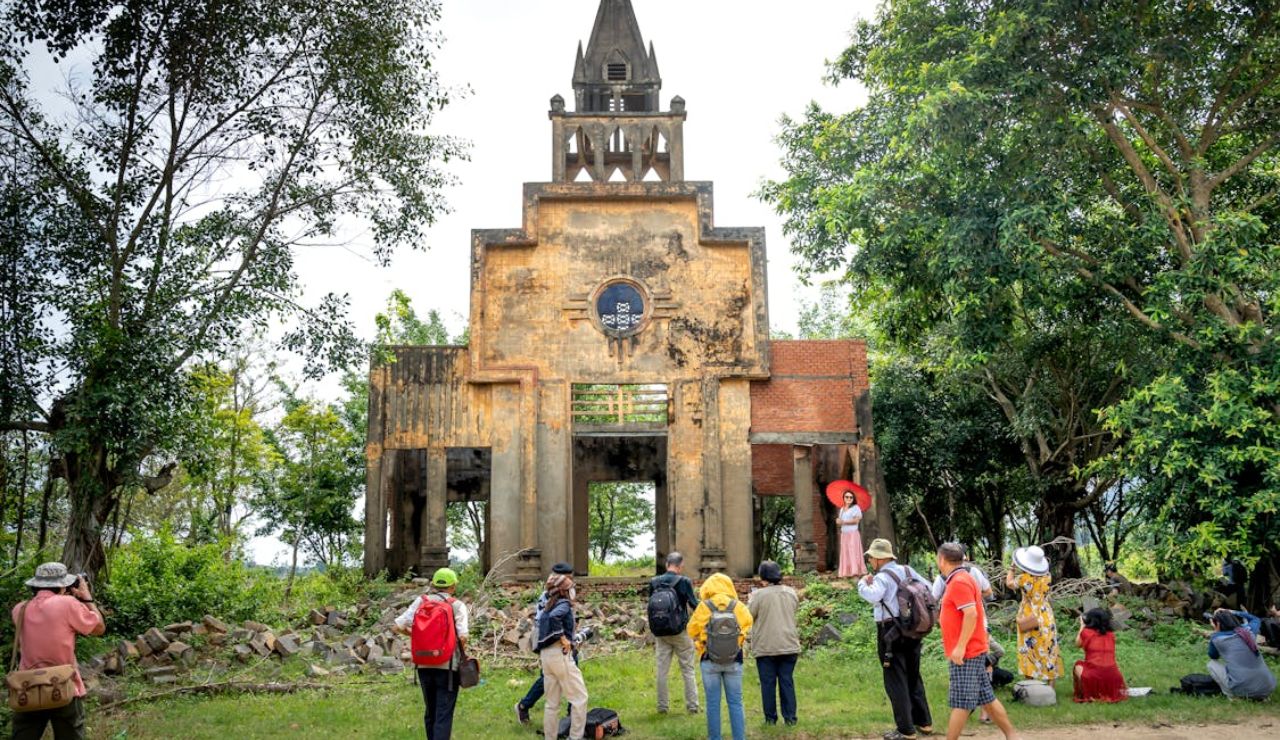
Scams targeting tourists are unfortunately common in popular travel destinations. From fake taxi drivers and unofficial tour guides to street scams and pickpockets, it’s important to stay vigilant. Always use official transportation services, ask trusted sources for recommendations, and avoid unsolicited offers for help. Keep your belongings secure, especially in crowded areas, and remain cautious of overly friendly strangers. By staying alert and trusting your instincts, you can minimize the risk of falling victim to a scam.
Unexpected Culture Shock

No matter how much you prepare, culture shock can still take you by surprise. Differences in social norms, food, or even daily routines can feel overwhelming. In some countries, personal space might be more limited, or social interactions might feel more formal than what you’re used to. To avoid feeling overwhelmed, take time to learn about the local customs and behaviors before you travel. Keep an open mind, be respectful of local traditions, and give yourself time to adjust.
Unfamiliar Drinking Water

While tap water in many countries is perfectly safe to drink, in others, it can lead to stomach issues or even illness. In some destinations, untreated water is common, and drinking it could result in uncomfortable consequences. To stay healthy, avoid drinking tap water unless you’re certain it’s safe. Stick to bottled water or use water purification tablets if you’re traveling to areas with questionable water quality. Always double-check the local recommendations before you hydrate.
The Temptation of “Free” Souvenirs

Street vendors and souvenir shops often offer “free” items or heavily discounted products, but there’s usually a catch. In some cases, these “free” souvenirs come with a hidden price tag, or the items might be of questionable quality. Be wary of any sales tactics that seem too good to be true. Stick to well-established shops and markets to avoid overpriced or fake souvenirs. If something feels like a scam, it probably is.
Time Zone Confusion
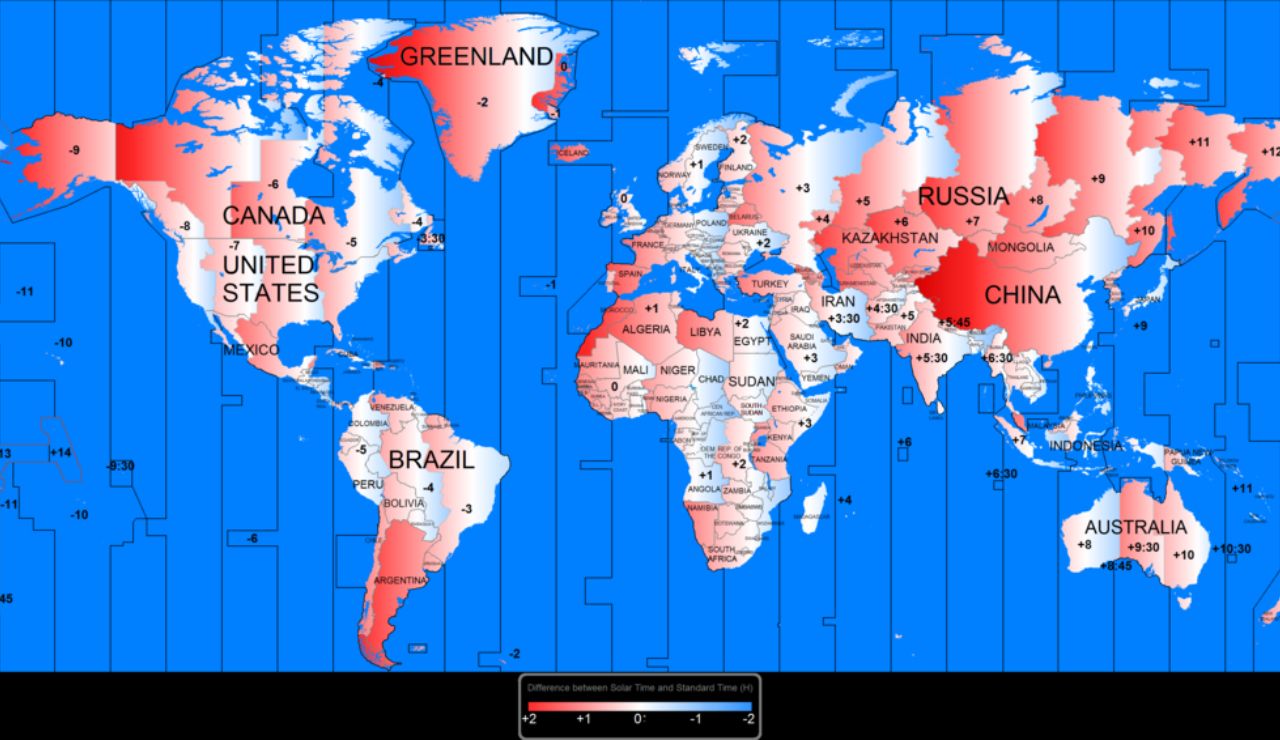
Forgetting to adjust your watch or phone to the local time zone can be a major travel pitfall. You might arrive at an airport or train station only to realize your flight or train has already left. Always double-check the local time when traveling between time zones, especially if you have early flights, train rides, or important meetings. Consider setting a reminder or using a travel app to help you stay on track and avoid any time-related confusion.
Overestimating Your Travel Comfort

It’s easy to assume that long flights or cross-country train rides will be comfortable, but reality often proves otherwise. From cramped seats to unexpected delays, long-haul travel can quickly become exhausting. To make your journey more bearable, plan ahead by bringing neck pillows, snacks, entertainment, and a refillable water bottle. Take breaks to stretch your legs, and make sure to adjust to the local time zone as soon as possible to avoid jet lag.